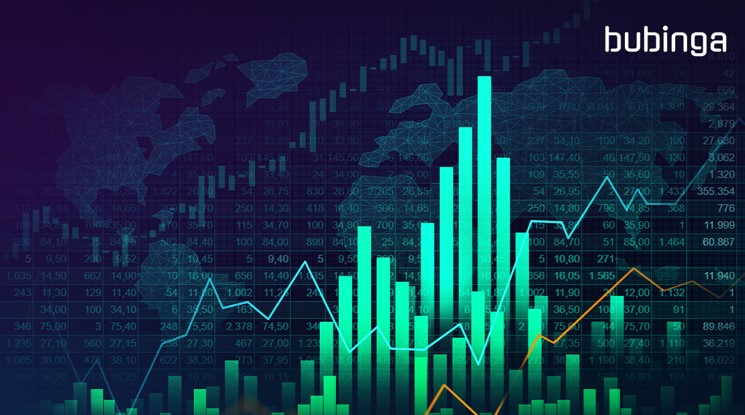Binary options trading is a financial endeavor that involves not only a deep understanding of the markets but also a grasp of one’s own psychology. Traders often face the challenge of dealing with cognitive biases, which are inherent flaws in human thinking that can impact decision-making. In this article, we’ll delve into some common cognitive biases and how they can affect binary options traders, particularly those using the Bubinga platform.

Anchoring Bias
Anchoring bias refers to the tendency of traders to fixate on specific price points or levels, even when market conditions change. This fixation can lead to missed opportunities or holding losing positions for too long. For example, if a trader initially believes that a particular asset’s value should reach a certain level, they may continue to hold onto that belief even when the market shows signs of moving in a different direction. This can result in poor decision-making and potential losses.
Overconfidence Bias
Overconfident traders might take excessive risks, thinking they possess superior knowledge or skills. This can lead to significant losses when trades don’t go as planned. Overconfident traders who believe they have superior knowledge or skills may neglect proper risk management, thinking they can control https://bubinga-bo.com/mental-control/ the market’s outcome. This overconfidence can lead to significant losses when trades don’t go as planned. It’s crucial for traders using platforms like Bubinga to maintain a disciplined approach to trading, emphasizing risk management and avoiding the trap of overconfidence.
Loss Aversion
Loss aversion is a cognitive bias where traders fear losses more than they value gains. This bias can significantly impact trading decisions. For instance, traders may be hesitant to cut their losses on a losing trade because they want to avoid realizing the loss. Instead, they might hold onto the trade in the hope that it will eventually turn profitable. On the other hand, they may quickly close out winning trades to secure small profits, even when there is potential for greater gains. This behavior can lead to a series of small wins and significant losses, resulting in a net loss over time.
Availability Heuristic
The availability heuristic bias occurs when traders rely on readily available information, which may not provide a complete or accurate representation of the market. This bias can lead to impulsive trading decisions based on recent news or events. For example, if traders hear breaking news about a market event, they might rush to make decisions without conducting thorough analysis. This can result in suboptimal trading outcomes because impulsive actions may not align with the overall market trends and conditions. It’s essential for traders to consider all relevant information and not solely rely on what’s readily available or sensationalized in the media.
Herd Mentality
Herd mentality is a psychological bias where traders tend to follow the crowd, making trading decisions based on the actions of others rather than conducting independent analysis. This can lead to a situation where traders enter or exit trades solely because many others are doing the same, without considering the underlying fundamentals or market conditions. Herd behavior can result in increased market volatility and potentially lead to trading losses when the crowd’s sentiment suddenly shifts.
Hindsight Bias
Hindsight bias, also known as the “I knew it all along” effect, is a cognitive bias where traders tend to believe they knew the outcome of a trade after it has concluded. This bias can lead to overconfidence in future trades based on past successes. Traders may incorrectly attribute successful trades to their own skill rather than considering the role of luck or market conditions. This overconfidence can result in taking excessive risks in subsequent trades, which may lead to losses.
Gambler’s Fallacy
The gambler’s fallacy is a cognitive bias where traders mistakenly believe that past trade outcomes influence future ones. This bias can lead to irrational decision-making, such as increasing the size of a trade after a series of losses, expecting that a win is overdue. Traders should recognize that each trade is independent, and past outcomes do not predict future results. Failing to understand this can result in impulsive and high-risk trading decisions that may lead to losses. It’s essential for traders to base their decisions on sound analysis and risk management rather than succumbing to these cognitive biases.
Mitigating the Impact of Cognitive Biases with Bubinga
Recognizing these cognitive biases is the first step toward minimizing their impact on binary options trading. Traders using the Bubinga platform can implement strategies to counteract these biases, such as setting clear trading plans, adhering to risk management rules, and seeking objective opinions from fellow traders.
In conclusion, understanding and managing cognitive biases are crucial for binary options traders looking to enhance their decision-making process. By recognizing these biases and actively working to mitigate their effects, traders can improve their overall performance on the Bubinga platform and increase their chances of success in the dynamic world of binary options trading.


Leave a Reply